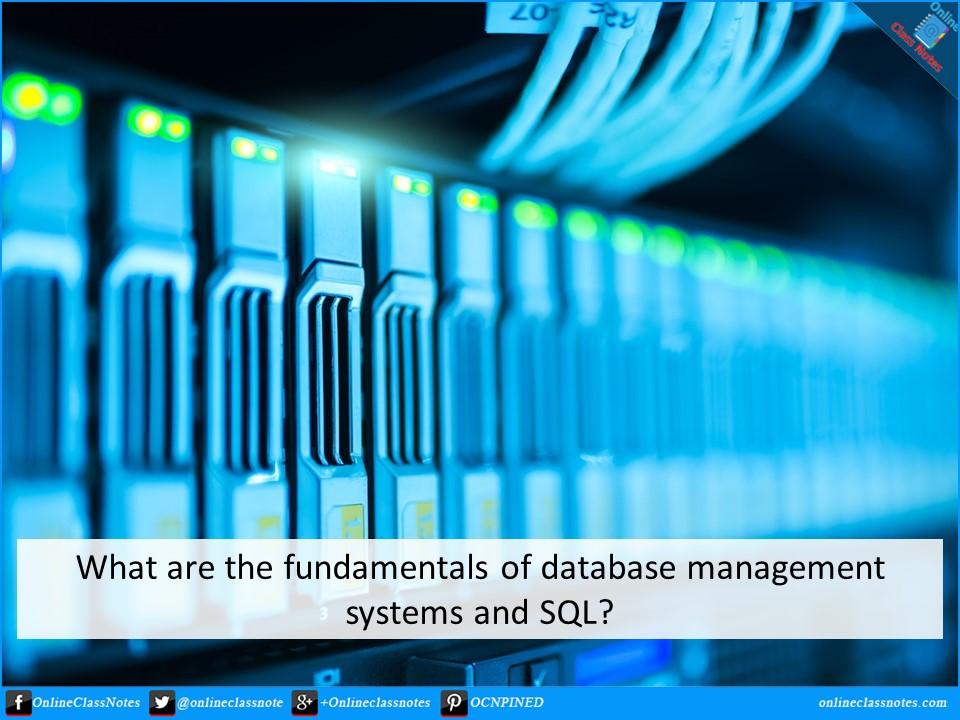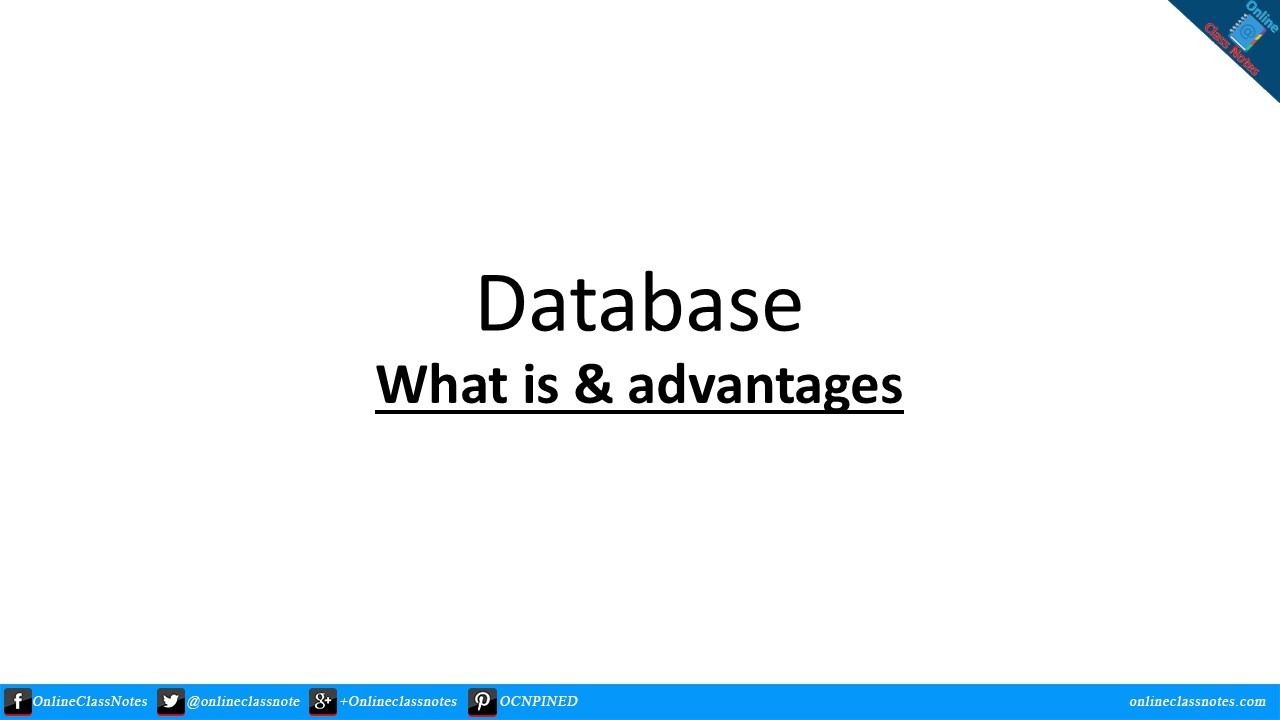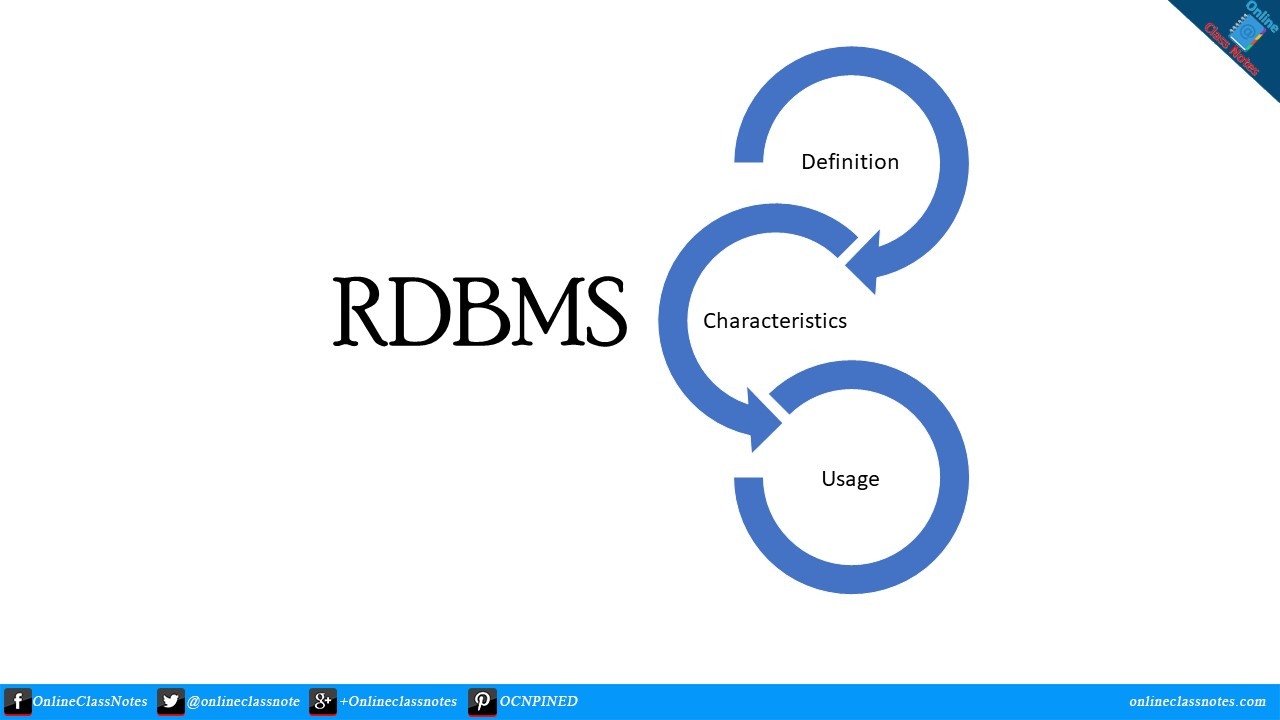Fundamentals of Database Management Systems (DBMS) and SQL
Database Management Systems (DBMS) and Structured Query Language (SQL) are essential components of modern data storage, retrieval, and management. DBMS provides a framework for creating, organizing, and manipulating databases, while SQL is a standard language used to interact with DBMS and perform various operations. Understanding the fundamentals of DBMS and SQL is crucial for effective data management and retrieval. Let’s explore the key concepts and principles:


